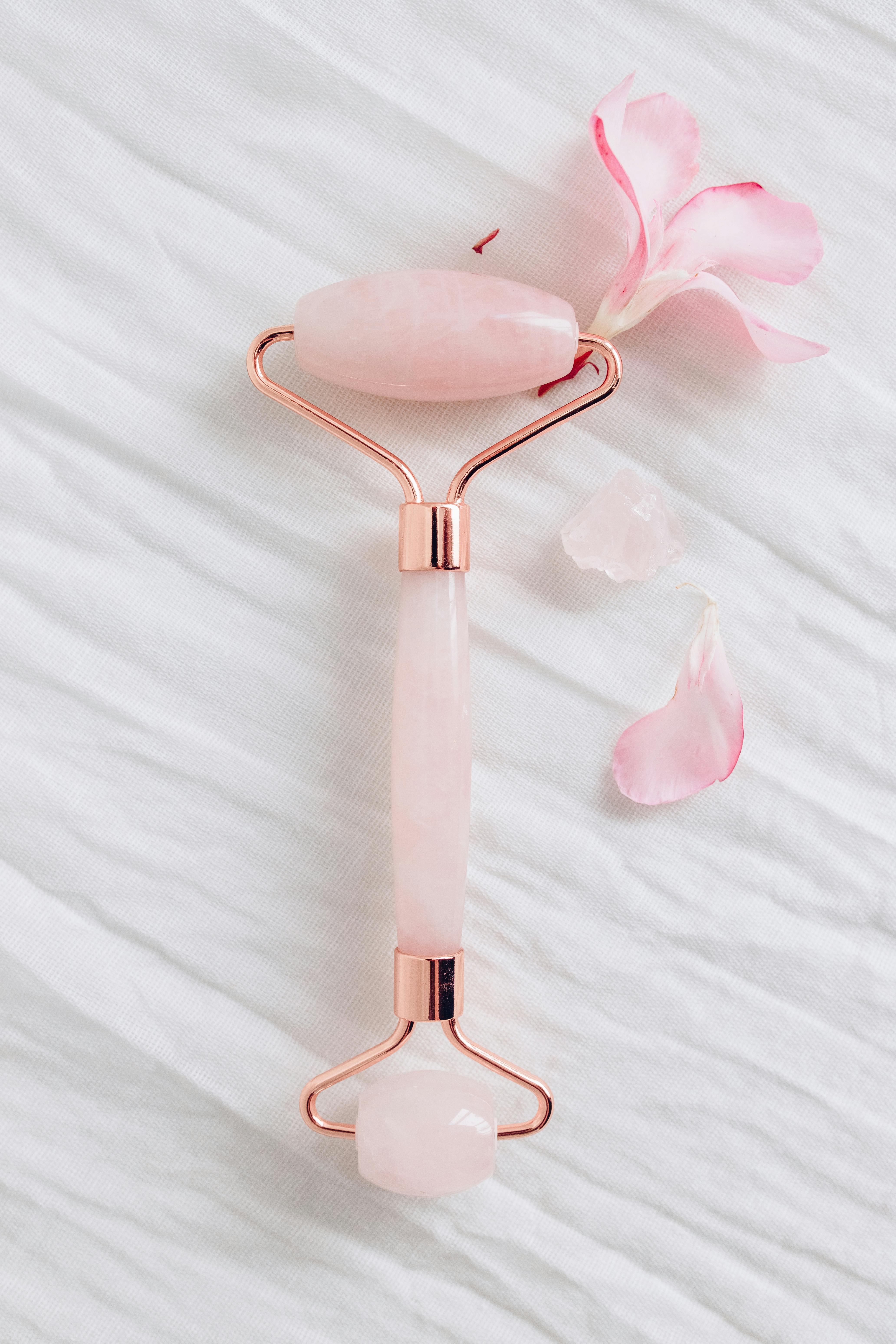The Complete Guide to the Smallest Rabbit Breeds: Discover the Cutest Companions for 2025
When considering a pet, many families are drawn to the charm and companionship of rabbits. Particularly, the smallest rabbit breeds offer a delightful option for those who are looking for a compact, loving, and relatively low-maintenance pet. These petite creatures come in various dwarf rabbit breeds, each possessing unique characteristics that make them perfectly suitable for family life or individuals with limited space. In this comprehensive guide, we will explore the fascinating world of small bunnies, including their care requirements, breed selection, and behavioral traits.
Rabbits have gained popularity over the years as adorable pets, especially in household environments where space might be limited. This guide will provide insights into choosing the right small rabbits for your lifestyle, understanding their needs, and ensuring their happiness and health throughout their lives. We will delve into nutritional requirements, exercise needs, and grooming tips, while also sharing advice on socialization and bonding with your new furry friend.
Key takeaways from this article include:
- A detailed look at various smallest rabbit breeds including the Netherland Dwarf and Dwarf Holland Lop.
- Insights into rabbit care tips and essential supplies needed for small breed rabbits.
- Understanding rabbit behavior and socialization to foster a happy pet environment.
- Guidance on rabbit adoption and selecting the right mini rabbit breed for your family.

Essential Guide to Small Rabbit Breeds
Before diving into the specifics of small rabbit breeds, it’s important to understand what qualifies as a “small” rabbit. Generally, rabbits that weigh less than 4 pounds fall into this category. Small breeds like Dwarf Holland Lops and Netherland Dwarfs not only capture our hearts with their tiny size but also have distinct care requirements that potential owners should know.
Overview of Popular Small Rabbit Breeds
Among the smallest rabbit breeds, two notable mentions stand out: the Netherland Dwarf and the Dwarf Holland Lop. The Netherland Dwarf is a favorite due to its petite size and playful personality, making it a wonderful companion for families. The Dwarf Holland Lop, characterized by its adorable floppy ears, also boasts a friendly temperament that suits various households.
Another breed worthy of mention is the Mini Lop, which, while slightly larger, is known for its amiable nature. Overall, small bunnies can adapt beautifully to both indoor and outdoor living environments if given the appropriate care and attention.
Identifying the Characteristics of Mini Rabbits
Small rabbits come with varied characteristics, each breed offering distinct physical traits and temperament. For example, the Netherland Dwarf is known for its round head and robust body, while the Dwarf Holland Lop has a signature lopped ear structure. These traits not only enhance their cuteness but also play a role in their behavior and interaction with humans and other animals.
Feeding Small Rabbits: Diet Essentials
Nutrition is paramount for the health of any animal but becomes even more crucial with small rabbits. These pets require a balanced diet consisting of high-quality pellets, fresh vegetables, and unlimited access to hay. Special attention should be given to their feeding schedules to prevent obesity and related health issues. Owners should also be aware of the specific dietary needs of each breed, as some may have different food preferences or sensitivities.
Rabbit Habitats for Small Breeds
Creating a safe and comfortable habitat is an essential part of caring for small rabbits. They require spacious enclosures that allow for movement, along with safe toys and activities that stimulate their inquisitive nature. Indoor rabbit habitats are often preferred due to their ability to integrate seamlessly into family life, while outdoor enclosures provide additional space for exercise. Portable rabbit enclosures are also on the rise, enabling small rabbit owners to take their pets on trips.

Caring for Small Rabbits: Essential Tips and Techniques
With the joys of owning a small rabbit come responsibilities that every owner must embrace. Proper care involves understanding their specific needs in terms of health, grooming, exercise, and companionship.
Rabbit Health Care: Monitor and Maintain
Rabbits, especially small breeds, can have particular health concerns. Thus, regular vet check-ups are necessary. Issues such as dental problems, obesity, and gastrointestinal stasis can arise, especially if a rabbit’s diet isn't properly managed. Awareness of the signs of distress in small rabbits can aid in early intervention, promoting a longer, healthier life.
Grooming Your Dwarf Rabbit: Tips for Success
Regular grooming is essential, particularly for long-haired mini rabbit breeds, as it helps prevent matting and promotes healthy skin. Bathing should be avoided unless absolutely necessary, and instead, regular brushing and health checks of their fur can keep your rabbit looking its best. Additionally, nail trimming should not be overlooked, as small rabbits tend to have delicate feet that can be prone to injury if their nails grow too long.
Playtime and Exercise Requirements
Just like humans, small rabbits require physical activity for their mental and physical well-being. Owners should set aside time daily for supervised playtime outside of their enclosures. Activities can include hopping around a designated safe area, engaging with toys, or exploring new environments. Establishing a routine that encourages play will enhance the bond between the owner and the pet.
Understanding and Socializing with Small Rabbits
Socialization is crucial for small rabbit breeds. Regular interaction with humans and other pets can help develop a well-adjusted personality and reduce fear-driven behavior. Incorporating positive reinforcement during training sessions fosters trust and encourages desired behaviors while enhancing the pet and owner relationship.
Rabbit Adoption: Choosing the Right Pet for Your Family
When considering rabbit adoption, it is vital to select the right breed that matches your family's lifestyle and preferences. Each breed offers unique traits that can complement your home environment.
Evaluating Family Dynamics: Finding a Good Fit
Families with children should focus on breeds known for their gentle and playful natures. The Dwarf Holland Lop is often recommended due to its sociable temperament, while the Netherland Dwarf can also be an excellent choice if socialized correctly. It’s vital to educate children on how to approach and handle rabbits to ensure positive pet interactions.
Mini Rabbit Rescue Options
If you're considering adopting a small breed rabbit, look into local rescues and shelters. Many rabbits in these facilities are in desperate need of homes. Participating in rescue can not only provide a loving environment for a pet in need but also can be a fulfilling experience for families. Check for reputable organizations that specialize in small rabbit breeds.
Assessing Your Home for Rabbit Integration
Your living space significantly impacts the integration of a rabbit into your family. Ensure that your home is rabbit-proofed to keep curious bunnies safe. This includes covering electrical cords, securing open spaces, and removing harmful plants. Establishing a designated play area is also beneficial for both rabbits and children.
Checklist for Adopting a Rabbit
Before bringing home a small rabbit, consider the essential supplies needed, including food, bedding, litter boxes, and fresh vegetables. It’s advisable to create a checklist to ensure nothing is overlooked. Taking time to prepare your home and understanding the characteristics of a potential breed will lead to a successful integration.
Rabbit Wellness: Ensuring a Happy, Healthy Life
The overall well-being of small rabbits extends beyond physical health. Their mental stimulation, social interactions, and environment all play critical roles in promoting happiness.
Creating Enrichment Activities
Small rabbits thrive in environments enriched with toys and activities. Utilizing items like chew toys, tunnels, and interactive puzzles can keep their minds engaged. Rotating toys periodically can also prevent boredom, which is key to maintaining a healthy pet.
Understanding Their Behavioral Patterns
Every rabbit exhibits unique personality traits. While some small rabbits may be outgoing, others may be more reserved. Understanding these personalities will enable owners to provide individualized care and socialization techniques to foster confidence.
Paving the Way for a Lifelong Bond
The bond between owner and pet is essential to ensure a lifetime of happiness. Proper training, regular handling, and creating a secure environment will help rabbits feel safe and loved, paving the way for a strong companionship.
Regular Health Checks for Long Life
As small rabbits age, they require more frequent visits to the vet for check-ups that assess their health and monitor any existing conditions. Maintaining a healthy diet and being proactive about potential issues will contribute significantly to their longevity.
Q&A Section: Common Questions About Small Rabbit Breeds
What is the smallest rabbit breed available?
The Netherland Dwarf holds the title as the smallest rabbit breed, typically weighing around 2-3 pounds. This breed is favored for its charming appearance and affectionate nature.
How do I care for a dwarf rabbit?
Proper care includes providing a balanced diet (high-quality pellets, hay, and fresh vegetables), regular grooming, and daily exercise. Social interactions are critical, so spending time with your rabbit is essential.
What are the signs of a happy rabbit?
A happy rabbit will exhibit behaviors such as hopping around energetically, grooming itself, and displaying a curious attitude. Relaxed body language, such as lying on their side or rolling over, also indicates contentment.
Can small rabbits be litter trained?
Yes, small rabbits can be litter-trained, typically around 3-4 months of age. Using a litter box with rabbit-safe litter will help facilitate this process.
What are the common health issues in small rabbits?
Small rabbits may face health issues like dental problems, obesity, and digestive issues. Regular veterinary care and proper diet can help mitigate these health concerns.
By understanding the needs and characteristics of small rabbit breeds, potential pet owners can create a harmonious living environment for their new companions, ensuring both happiness and health. Whether you choose a Netherland Dwarf or a Dwarf Holland Lop, you’re sure to find a loyal friend in your small bunny.
